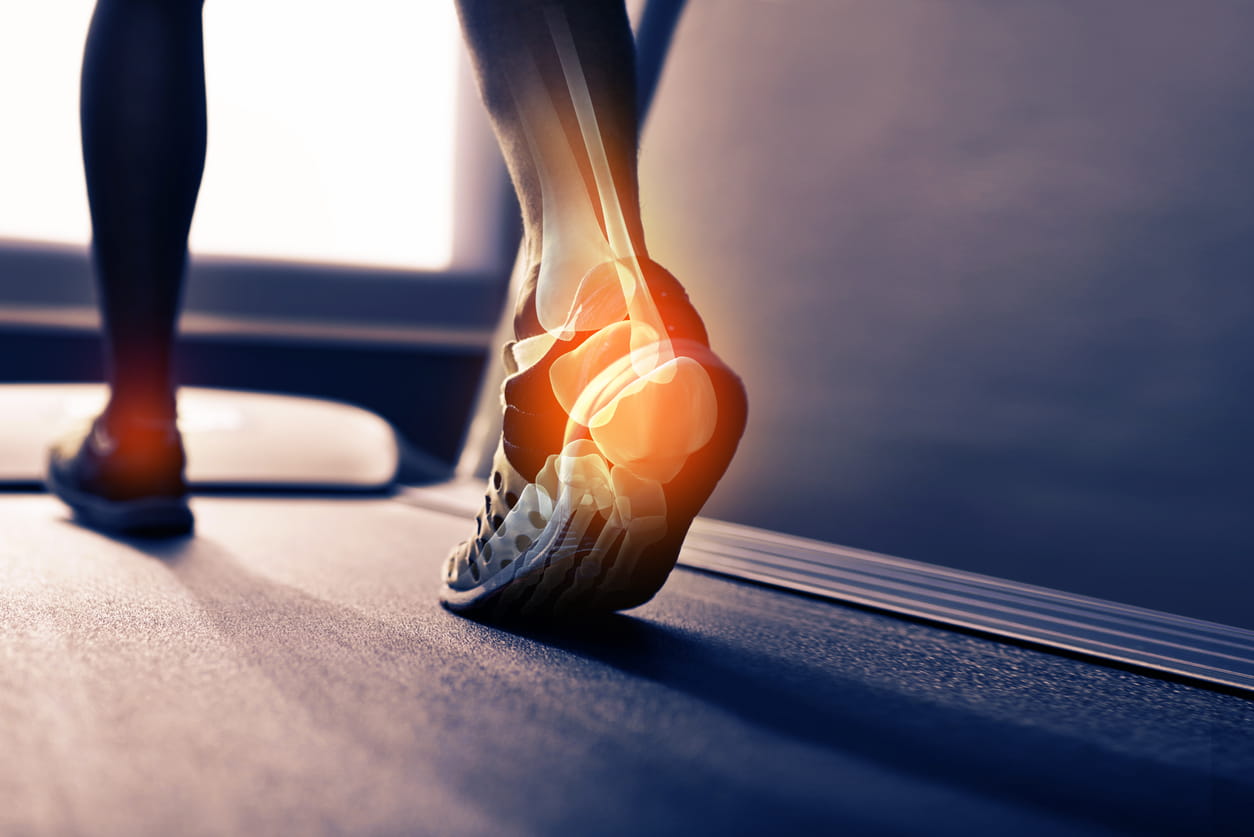Are you too young for a bone density test?

When it comes to health screenings, bone density tests are one of the simplest to prepare for and undergo. Also referred to as DEXA scans, these non-invasive tests take just minutes to perform and can help detect bone fractures and lower the risk of osteoporosis, two common health risks for women. So…should you be getting one?
Not necessarily.
“DEXA scans are typically not recommended for women under the age of 65. Generally, women have good bone health and very little bone loss up until this point,” explains Nancy Rist, MD, primary care physician with Main Line HealthCare Primary Care in Aston.
The exception, says Dr. Rist, is for women under 65 who may be at a greater risk for bone loss or osteoporosis due to risk factors like low body weight, poor nutrition, smoking, a family history of bone loss or osteoporosis, a personal history of a previous bone fracture or non-estrogen supported menopause. Other risks include taking medications associated with low bone mass or bone loss such as steroids, selective serotonin reuptake inhibitors (SSRIs), proton pump inhibitors (PPIs) as well as certain diabetes medications. For women with risk factors like these, a DEXA scan at an earlier age may be necessary, so talk to your primary care provider to see if you should have a DEXA scan ordered.
If you don’t fall into one of these categories, there are still ways to ensure good bone health.
“As early as your teen years, twenties and thirties, you can begin practicing healthy habits that will lead to optimal bone health,” says Dr. Rist. “Women are actually in their critical bone-building years during their adolescence, so it’s important to set an example for our daughters and granddaughters by practicing these habits.”
Keep your bones healthy and strong
You can keep your bones strong — starting today — by following a regular exercise routine that incorporates both aerobic and weight-bearing exercises and ensuring that your diet is rich in nutrients like Vitamin D, calcium, magnesium and zinc, which are important for building strong bones. Milk, lean meats, fish and green, leafy vegetables incorporate many of these. In addition, limit your alcohol intake to one drink per day and, if you’re a smoker, quit.
Even if you’re over 65 and having regular DEXA scans, these healthy habits can still benefit your bone health. If you have questions about whether or not your diet has enough of the right nutrients, or whether an exercise routine is right for you, talk to your physician.
By taking precautionary measures like these to build stronger bones and protect them from thinning and fractures, you’ll be making an investment in your health.
“It’s never too late to start thinking about bone health and osteoporosis,” says Dr. Rist. "Working in weightbearing exercises, such as walking, squats and lunges, are great exercises to improve your bone health. As is anything that involves using a hand-held weight."
Taking a daily vitamin D supplement that contains 2,000 units as well as 600 to 1,000 units of dietary calcium daily can also help. These supplements can be bought over the counter, and you can increase your calcium intake by eating more dairy.
If you have questions about whether or not a bone density test is right for you and whether or not you have risk factors that may require you to be screened early, talk to your physician. Many health insurance companies will cover a bone density test, especially if you have one or more risk factors besides age. But you should always check ahead of time to see if your plan does or if Medicare will pay for your testing.
Next steps:
Make an appointment with Nancy Rist, MD
Schedule a DEXA scan online or call 484.580.1800
 Content you want, delivered to your inbox
Content you want, delivered to your inbox
Want to get the latest health and wellness articles delivered right to your inbox?
Subscribe to the Well Ahead Newsletter.
